As China and the Solomon Islands elevated their bilateral ties during the ongoing visit of Prime Minister of the Solomon Islands Manasseh Sogavare to China, businesses from the two countries also moved swiftly to turn upgraded relations into actual cooperation during a high-level exchange between enterprises in Beijing on Tuesday.
With bilateral relations developing rapidly, economic and trade cooperation will also further expand and enterprises will play a major role in carrying out projects in a wide range of areas, Chinese experts said. While Western media's smearing against growing China-Solomon Islands ties will also likely intensify, it will not stop win-win cooperation, they noted.
At the China-Solomon Islands high-level enterprise exchange conference, hosted by the China Council for the Promotion of International Trade (CCPIT) in Beijing on Tuesday, officials from the Solomon Islands invited Chinese firms to invest and conduct business in the Solomon Islands, while Chinese firms expressed great interest in areas such as agriculture, according to a transcript the CCPIT shared with the Global Times on Tuesday.
Speaking at the conference, Jeremiah Manele, minister for foreign affairs and external trade of the Solomon Islands, listed several important sectors of growth in the country, including fishery, agriculture, tourism, mining, forestry, e-commerce and services. "In the process of developing these industries, we look forward to expanding trade and investment cooperation, and hope to build more infrastructure, such as roads, ports, and airports," said Manele, according to the CCPIT transcript in Chinese.
Underscoring the great importance the Solomon Islands attaches to business exchanges, Sogavare also attended the conference on Tuesday. Also, more than 100 Chinese business representatives in such fields as agriculture, forestry, animal husbandry and fishery, energy and minerals, infrastructure, information and communication and tourism attended the conference, underscoring the great enthusiasm for expanding bilateral economic and trade cooperation, Yu Jianlong, a deputy head of the CCPIT, said at the conference.
Such enthusiasm comes as the two countries moved to upgrade bilateral ties and vowed to expand economic and trade cooperation. In a joint statement released on Monday, the two countries decided to establish a comprehensive strategic partnership featuring mutual respect and common development for a new era. The joint statement also stated that the two sides will expand practical cooperation in a wide range of areas, including trade and investment, agriculture, forestry, fishery, rural development, infrastructure including disaster resilient infrastructure, energy and minerals, and information and communications.
"China and the Solomon Islands have only established diplomatic relations for four years, and their bilateral relations have rapidly improved after the epidemic. I believe that the cooperation between China and the Solomon Islands will become a model of China-South Pacific cooperation in the future," Chen Hong, director of the Australian Studies Center at East China Normal University, told the Global Times on Tuesday.
However, countries such as Australia and the U.S. have also stepped up their smearing campaigns against growing China-Solomon Islands ties by hyping "police cooperation" and "debt trap" in an attempt to sow discord, Chen said. "But facts speak louder than words, and the people of the Solomon Islands have their own judgment," he said, noting that while Australia has long provided assistance to the Solomon Islands, it has failed to help improve local lives significantly.
Following the China-Solomon Islands joint statement on Monday, foreign media was fixated with the two countries' plan to enhance cooperation on law enforcement and security matters. Officials from Australia and the U.S. even called for "transparency" by publishing details, according to media reports.
"Both Australia and the U.S. have taken actions to smear our cooperation with South Pacific island countries and try to force them to choose sides, which, in the long run, is not conducive to the development of South Pacific island countries," Song Wei, a professor at the school of international relations and diplomacy at Beijing Foreign Studies University, told the Global Times on Tuesday.
China's approach is different, as it promotes development cooperation with the Solomon Islands from the perspective of developing countries, and focuses on forming synergy in major sectors to help promote independent development in the Solomon Islands, according to Song.
Moreover, in stark contrast to the West's approach of focusing on "political systems" while ignoring development needs, China's focus on development and win-win cooperation could actually help the Solomon Islands build up its industrial capacity, experts noted.








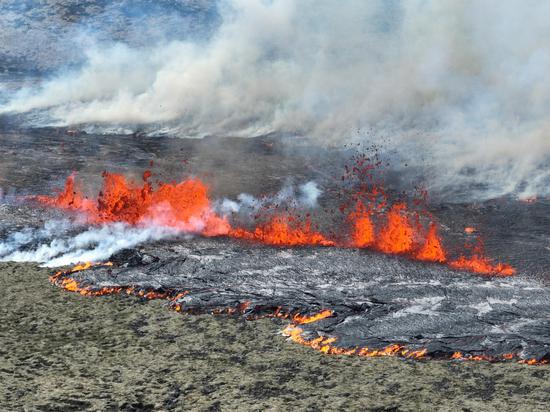
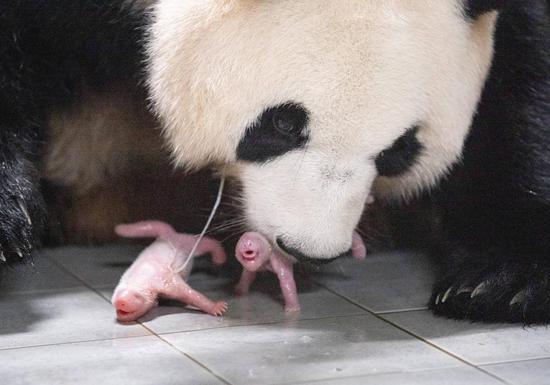
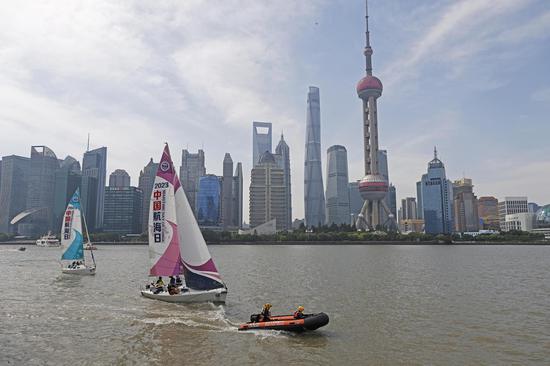
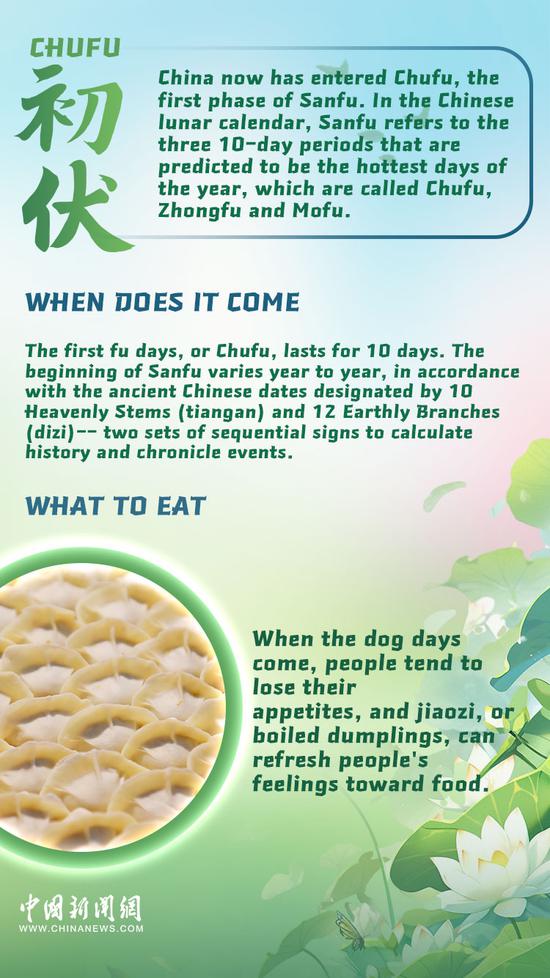
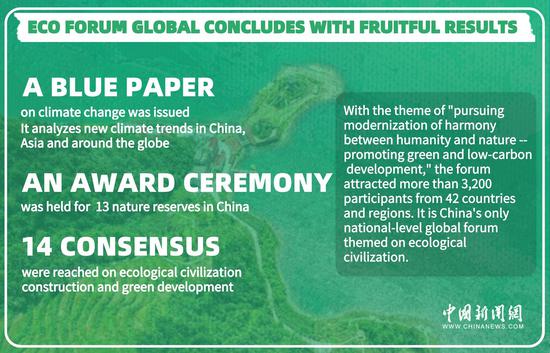
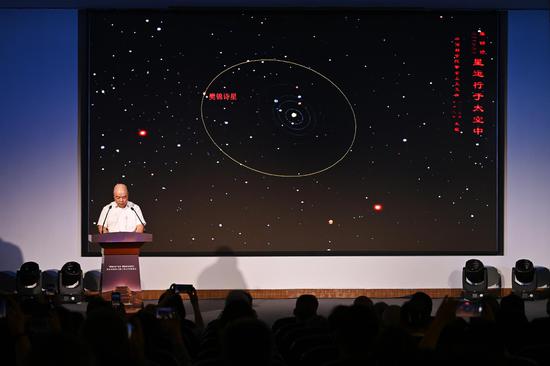
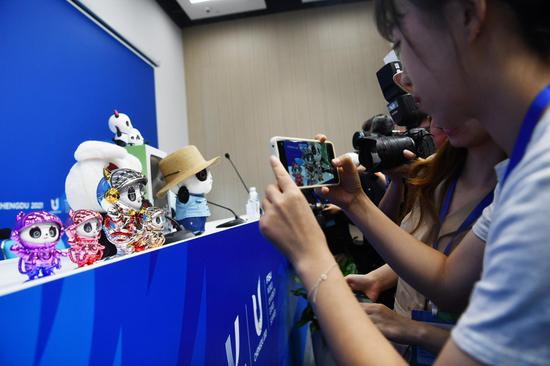



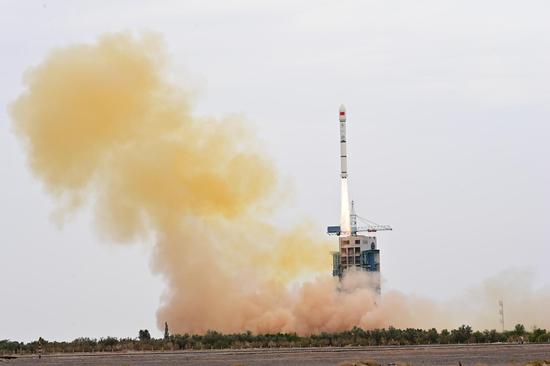
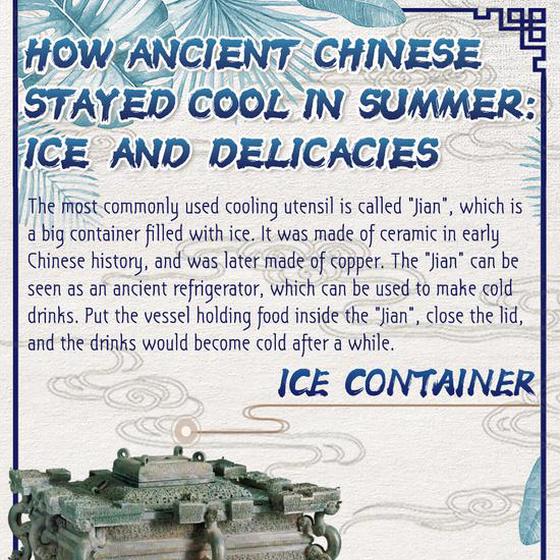

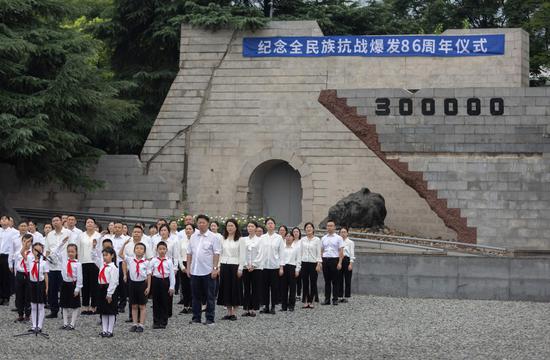
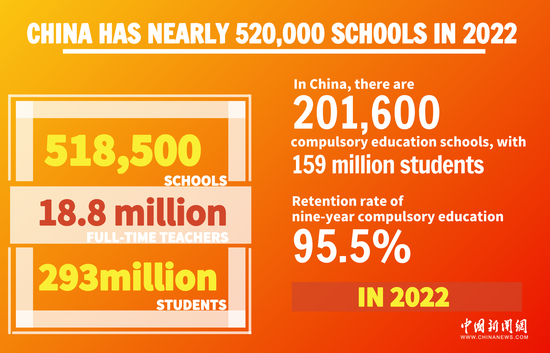

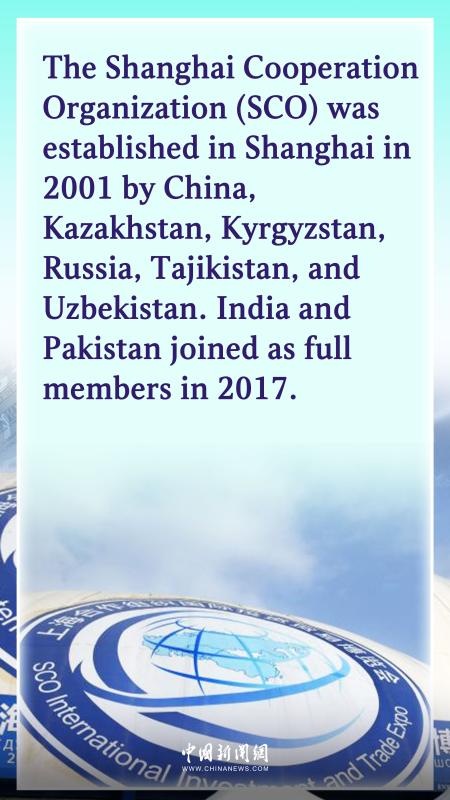


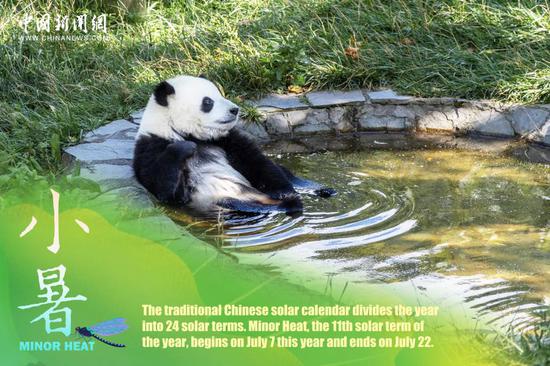

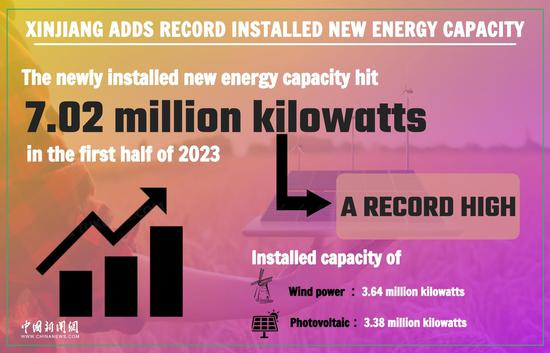




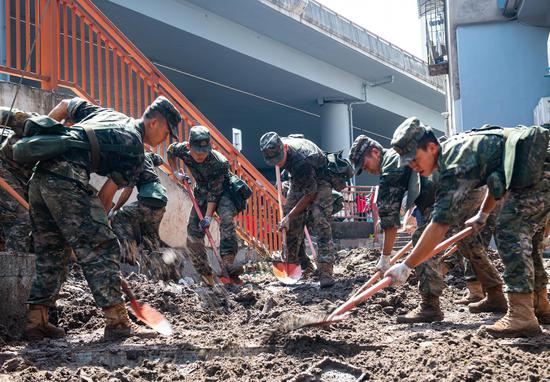


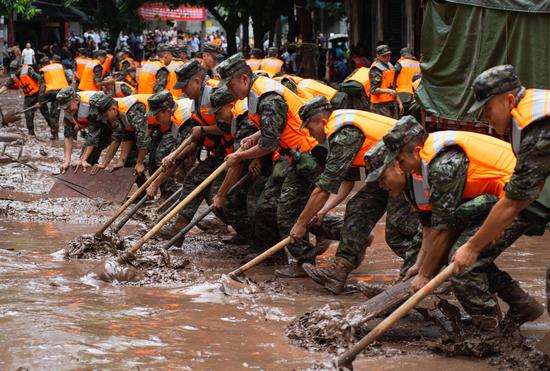
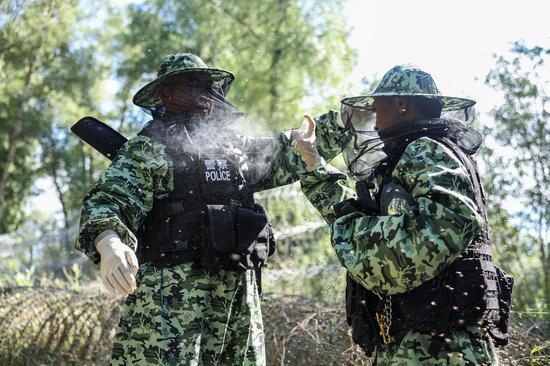


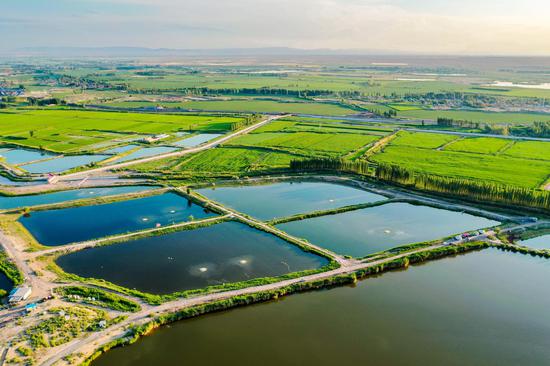

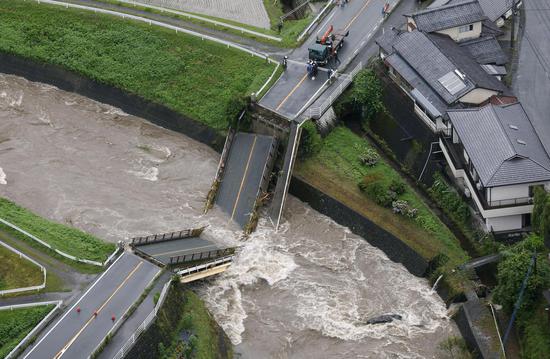






 京公网安备 11010202009201号
京公网安备 11010202009201号